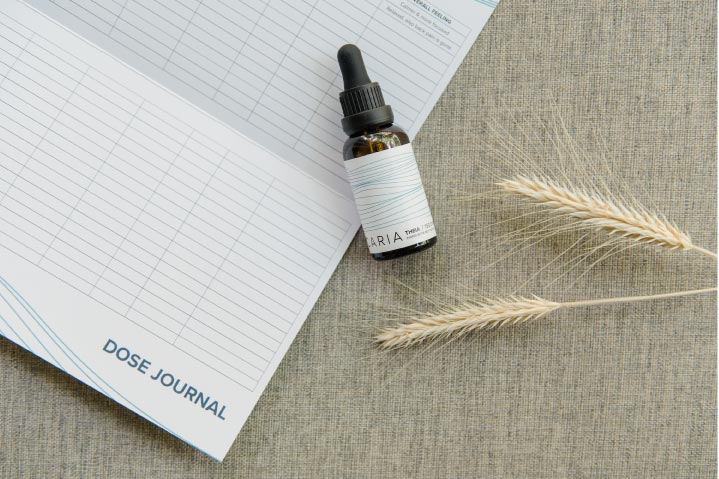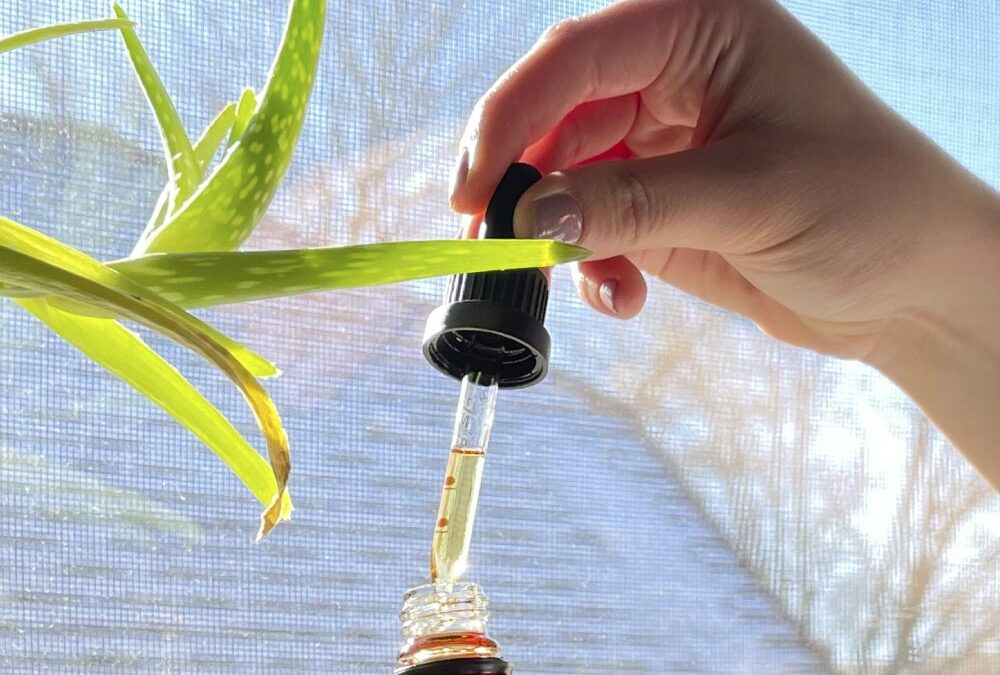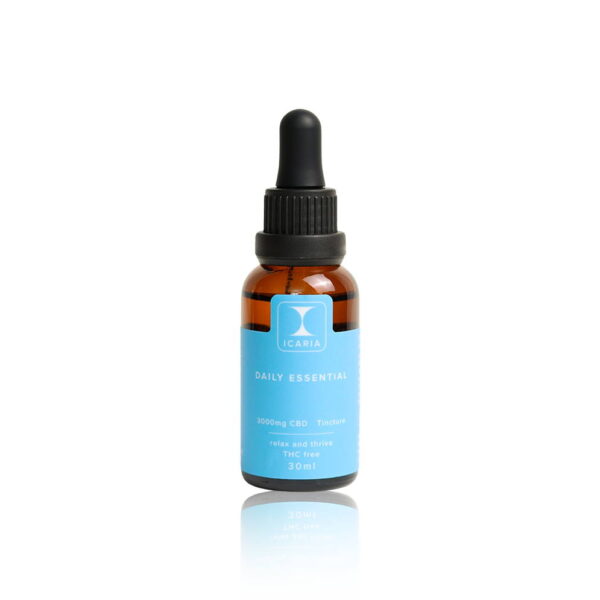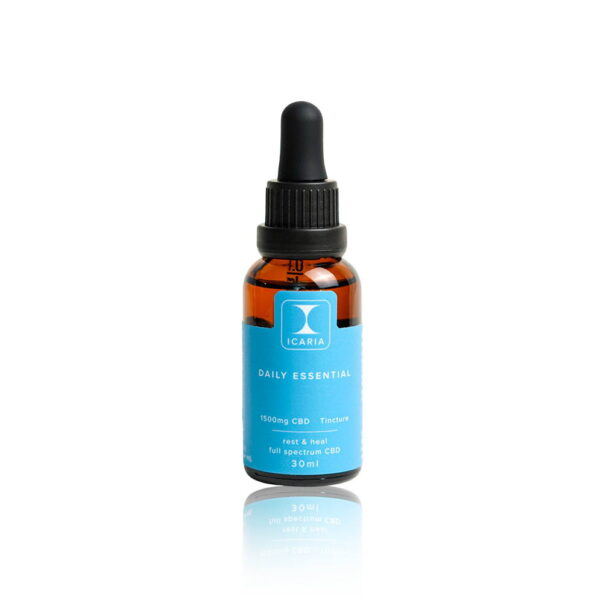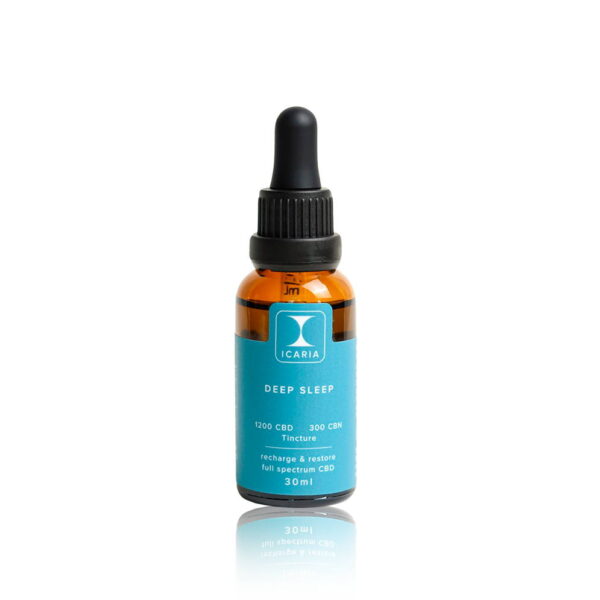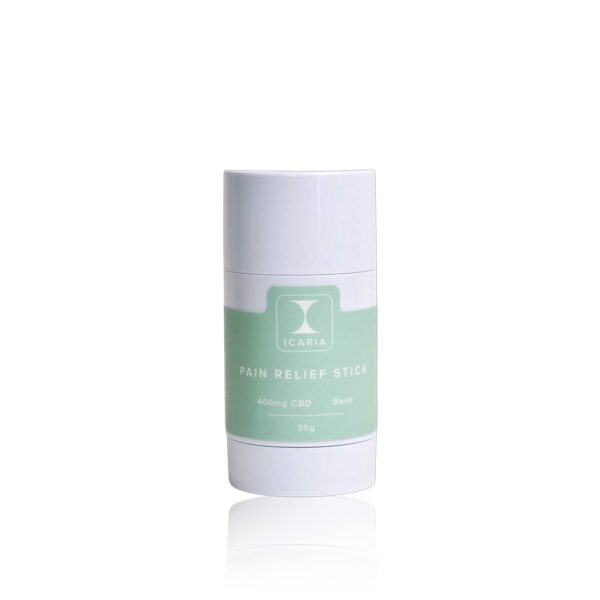Welcome to our CBD glossary, a comprehensive guide to all things CBD. Cannabidiol, or CBD, has become increasingly popular in recent years for its potential therapeutic benefits, but with its rise in popularity has come confusion around terminology and scientific jargon.
Our CBD glossary aims to provide clear and concise definitions of the key terms and concepts related to CBD, from the different types of CBD products available to the potential health benefits and risks associated with CBD use. Whether you are a CBD enthusiast or just starting to explore the world of cannabinoids, our CBD glossary has something for everyone. So let’s dive in and demystify the world of CBD!
—A—
Anxiety
Fear, anger, and anxiety are normal emotions evoked by stressful situations. They trigger the part of the brain controlling them and activating our fight or flight response. Once the trigger goes away, the brain cells release chemicals that inhibit the fight or flight response. The activation of the endocannabinoid system also helps control these negative emotions.
—B—
Broad spectrum
Products labelled “broad spectrum” fall somewhere between full-spectrum and isolate formulations. Because they contain terpenes and other beneficial cannabinoids, broad-spectrum products offer some of the benefits of the entourage effect — without any THC. For those who can’t have or don’t want to have any traces of THC in their system, broad-spectrum products can be a better choice than isolates. But they’re not as effective as full-spectrum products.
—C—
Cannabidiol
Also known as CBD, cannabidiol is one of the naturally occurring cannabinoids found in cannabis plants. It’s the second most prevalent active ingredient in cannabis, accounting for up to 40% of the plant’s extract. CBD does not produce psychoactive effects. Cannabidiol interacts with the endocannabinoid system (ECS), part of the nervous system that’s thought to play a regulatory role in all kinds of bodily functions, including mood, sleep, and appetite. According to a 2017 report from the World Health Organization, there is evidence that CBD is an effective treatment for epilepsy.
Cannabinoid
Not to be confused with cannabidiol (cannabidiol is a cannabinoid, but not all cannabinoids are cannabidiol), a cannabinoid is one of the diverse chemical compounds that acts on the endocannabinoid system receptors found throughout the body. These molecules include the endocannabinoids produced naturally in the body and phytocannabinoids from cannabis. The two most notable cannabinoids are THC and CBD.
CBD
CBD stands for cannabidiol, a non-psychoactive compound found in the cannabis plant. It is one of over 100 cannabinoids found in the cannabis plant and has been the subject of much research in recent years due to its potential therapeutic benefits.
Carrier oil
A carrier oil is a type of vegetable oil that is used to dilute essential oils before they are applied to the skin or used in aromatherapy. Essential oils are highly concentrated plant extracts that can be irritating or even toxic if applied directly to the skin or ingested, so carrier oils are used to safely deliver the benefits of essential oils.
—D—
Delivery method
How a drug enters the body in order to produce the desired therapeutic effects. The delivery method of a given drug can affect how quickly it starts working and how much of each dose gets absorbed by the body (bioavailability). CBD delivery methods include ingestible capsules, gummies, and tinctures, as well as topical lotions, salves and lip balms.
Delta-9 tetrahydrocannabinol
Known by the abbreviation THC, is a primary cannabinoid found in cannabis and the one responsible for its psychoactive effects. It works on endocannabinoid receptors in the brain to release dopamine. Some dislike the “high” feeling or other side effects of this chemical and prefer hemp-based products that contain very little to no THC.
Dietary supplement
The term “dietary supplement” refers to a wide range of products including vitamins and minerals, herbs and other botanicals, amino acids, enzymes, and more. You can find dietary supplements in many forms, such as pills, gummies, powders, liquids, teas, and bars.
—E—
Edible
Any food containing some form of cannabis. CBD gummies are the most classic example, but nowadays, CBD-infused edibles come in many other forms: candy, coffee, baked goods, martinis, and even infused butter and cooking oil.
Endocannabinoid system
Also known as the ECS, the main function of this mammalian system is to maintain bodily homeostasis or keep the body balanced even when the environment changes. Scientists believe that cannabis is effective, in part, because the phytocannabinoids it contains mimic our endocannabinoids. Endocannabinoid receptors are found throughout the entire body, and the system plays a part in many of the body’s processes, including appetite, stress, sleep, pain, memory, and immune function.
—F—
Full spectrum
CBD that’s full of all the terpenes, cannabinoids, flavonoids, and fatty acids found in hemp, all of which have a therapeutic value of their own and help create what’s known as the entourage effect. Basically, full-spectrum CBD can give you every potential benefit the plant has to offer.
—H—
Hemp
A distinct strain of the Cannabis sativa plant is often grown for industrial use. The hemp used in CBD products in Canada must contain less than .3% THC.
Hemp seed oil
Derived from industrial hemp, the hemp seed oil is created by pressing the plant’s seeds. It has no therapeutic benefits but is often used as a dietary supplement and low-saturated-fat cooking oil.
Hormonal system
The hormonal system, also known as the endocrine system, is a complex network of glands, organs, and tissues that secrete hormones into the bloodstream. Hormones are chemical messengers that regulate a wide range of physiological processes in the body, including growth and development, metabolism, reproductive functions, and responses to stress.
—I—
Industrial hemp
Hemp is grown specifically for the industrial uses of its products, including textiles, clothing, biodegradable plastic, food, biofuel, and medicine (including CBD). Hemp and its products are legal in Canada…(pending)
CBD Isolate
These products are 99% CBD. To manufacture an isolate, everything contained in the plant matter is removed — including any traces of THC and other beneficial cannabinoids — until only a powder or crystalline form of CBD is left. This means that isolated users will not benefit from the entourage effect.
—M—
MCT
MCT stands for Medium Chain Triglycerides, which are a type of saturated fatty acid. Unlike long-chain fatty acids found in most foods, MCTs are metabolized differently by the body, which makes them a popular dietary supplement. They are also well-known for being carriers of oils to active compounds in health supplements.
—N—
Natural Supplements
Natural supplements are dietary supplements made from natural ingredients, such as herbs, vitamins, minerals, and other plant-based substances. They are intended to supplement a person’s diet and provide nutrients that may be missing or inadequate.
—O—
Organic
Foods and products derived from farming methods promote ecological balance and restrict the use of pesticides, fertilizers, and synthetics. These growing practices promote the health of both the environment and the consumer. Organic CBD products particularly appeal to those who support sustainable farming and care about the safety and quality of what goes into their bodies.
—P—
Pain
Pain is a distressing feeling that often results from intensity or damage. It can be an unpleasant sensory or emotional experience linked with possible tissue damage. The purpose of pain is to allow the body to react and prevent further tissue damage. The nervous system becomes stimulated when a signal is sent through the nerves to the brain for interpretation.
Phytocannabinoid
The chemical compounds in hemp plants mimic the endocannabinoids naturally produced by the body. CBD and THC are examples of phytocannabinoids, but there are at least 113 different phytocannabinoids in the cannabis plant, each producing unique effects on the body.
Potency
A measure of drug activity expressed in terms of the amount required to produce an effect of given intensity in the body. A high-potency drug evokes a larger response even at a low dose, while a low-potency drug evokes a small response at low concentrations and requires higher doses for a similar effect.
Psychoactive
A property that changes brain function by interacting with the central nervous system and results in altered perception, mood, consciousness, cognition, or behaviour. THC is the primary psychoactive component in cannabis plants.
—S—
Sleep disorders
Sleep disorders are conditions that affect the quality, duration, and timing of a person’s sleep. There are many different types of sleep disorders, each with its own symptoms and causes. Some common sleep disorders include:
- Insomnia: Difficulty falling asleep or staying asleep, leading to poor quality sleep.
- Sleep Apnea: A condition in which a person’s breathing is interrupted during sleep, leading to snoring, gasping, or choking.
- Narcolepsy: A neurological disorder that causes excessive daytime sleepiness and sudden bouts of sleep.
- Sleepwalking, night terrors, and a sleep-related eating disorder.
Stress
Stress is a natural physical and mental response to perceived threats or challenges. It is a normal part of life and can be beneficial in some situations, such as when it helps you stay focused, motivated, and alert. However, when stress becomes chronic or overwhelming, it can have negative effects on your physical and mental health.
Sublingual
From the Latin for “under the tongue,” a method for administering drugs by mouth. It involves placing a substance under the tongue, where it can be readily absorbed into the blood vessels and begin to circulate throughout the body.
—T—
Terpene
Aromatic oils lend flavours such as berry, mint, and pine to different cannabis strains. More than 100 different terpenes have been identified, and every cannabis strain has its own terpene profile. The effects of any given terpene may be amplified in the presence of other compounds (also known as the entourage effect).
THC
THC stands for tetrahydrocannabinol, which is a psychoactive compound found in the cannabis plant. It is one of over 100 cannabinoids found in cannabis and is responsible for the plant’s euphoric and mind-altering effects. THC binds to cannabinoid receptors in the brain, triggering a release of dopamine and other neurotransmitters that can produce feelings of relaxation, pleasure, and altered perception of time and space.
Tincture
A CBD delivery method, typically administered sublingually, quickly absorbs and distributes throughout the body.
Topical
A CBD delivery method where the product is applied to the skin, typically as a salve or lotion, over the areas where they’re needed.
